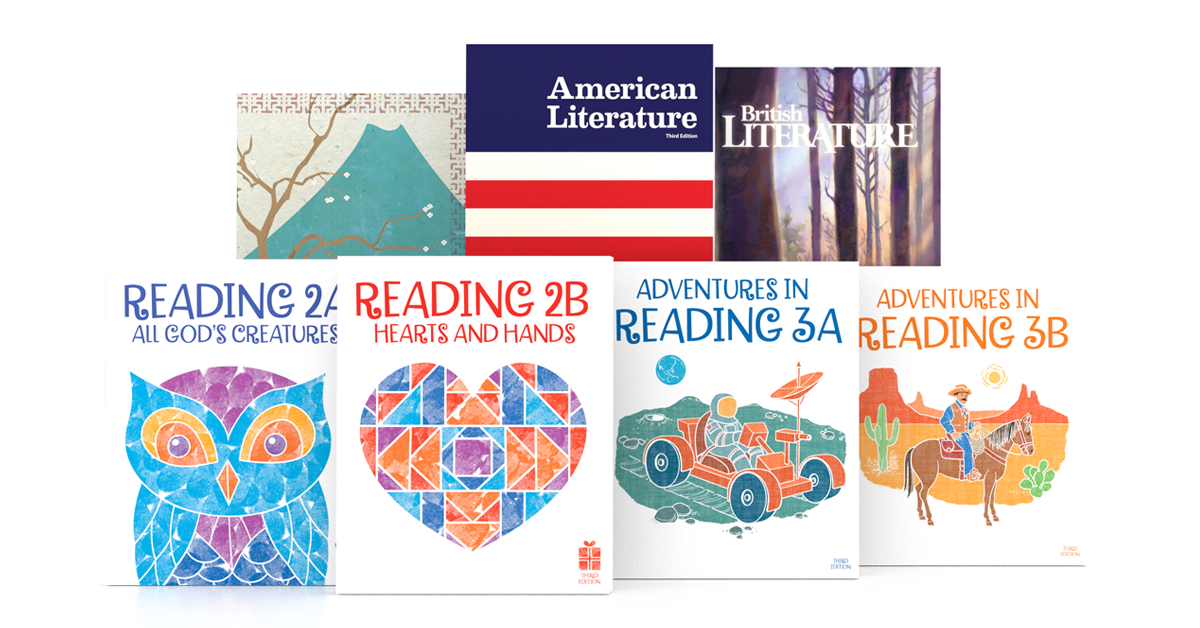
Do you have a child who’s a picky reader? One who will only read fiction? As a kid, I was always like that too. Most nonfiction was boring to me, and informational books seemed good only for pictures. You may be tempted to say that it doesn’t matter whether it’s fiction or nonfiction, as long as your child is reading good books.
However, just as there needs to be a balance between subjects, there also needs to be a balance within the content of those subjects. The best reading programs contain both fiction and nonfiction selections. Here are a few reasons your child should read nonfiction, or informational books, plus some suggested titles.
1. They will expand your child’s vocabulary.
A carefully selected informational text can introduce children to each new word and connect it to a definition without their even realizing it. Well-written texts for a child’s age level will weave in necessary definitions or use illustrations and labels for easy reference. The focus is giving helpful information without breaking the flow of thought.
A popular series of informational texts, Eyewitness Books™, fills each page of each book with pictures and illustrations, and every illustration is carefully labeled. The more than one hundred titles in this series cover a wide range of subjects, such as plants, volcanoes, knights, and whales.
2. They allow young readers to explore their interests.
It’s easy for children to form impressions about topics or professions they don’t know much about. Informational texts that present each topic clearly and with as much detail as is appropriate will allow your child to come to a more informed opinion about his or her interests.
If your child is interested in farms, horses, and cows, Michael Rosen’s Our Farm presents a detailed picture of farm life through the responses of five children who live on a real farm. For one who’s more athletic, Dorling Kindersley®—the same company that created Eyewitness Books™—has also created a series of guides about playing certain sports called Superguides™.
3. They provide opportunities for practicing reading skills.
A series of basal readers, or reading books, gradually introduces your child to new skills and strategies for finding information. The text is controlled to ensure student achievement and understanding. However, an informational book typically doesn’t have a controlled text. New information and formats abound, and your child will need to call on various skills that have been taught during reading instruction. While a reading book contains selected vocabulary and limited content, an informational book may not be limited. Instead, it will provide as much information about the topic as possible. But perhaps most importantly, while a basal reading book from a Christian publisher may present information from a biblical worldview, an informational book from the library will require the reader to constantly be aware of what the author might be trying to teach and filter it through a biblical worldview.
Since they provide such an opportunity for building and testing new skills, informational texts make a great way to expand on topics your child is learning about in other subjects. A child who’s studying birds and animals in science might be interested in reading Susan H. Gray’s book Hornbill or Seymour Simon’s Horses. These books give a lot of information in just a few colorful pages.
Encourage your child to start reading informational books by adding a couple to the summer reading list, or suggest that every other book should be nonfiction. He or she may quickly find a new passion!
